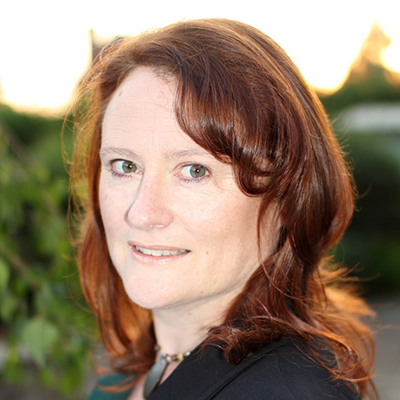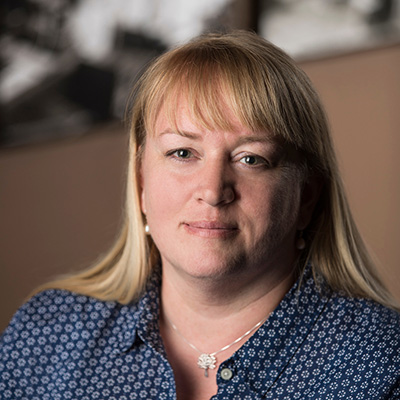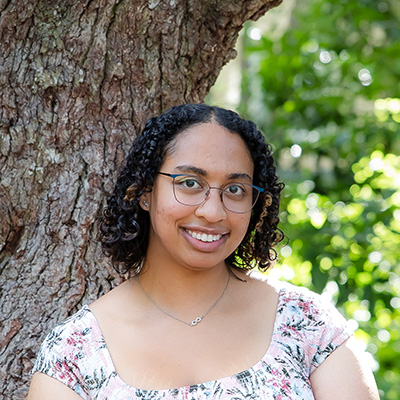

Most British and Irish pre-1841 census records have only statistical information. However, approximately 1400 returns have named individuals. The Early British and Irish Census Project (EBIC) brings all the information from those returns into one searchable, free-to-the-public database (ebc.byu.edu, will soon be ebic.byu.edu). The database covers the period before civil registration and the more comprehensive censuses. It helps researchers find early nineteenth-century and late eighteenth-century people who can be difficult to trace due to increased mobility and increased religious nonconformity.





You should receive a confirmation email with a link to the webinar soon.
You’ll also receive a reminder both the day before and one hour before the webinar begins.
Didn’t receive a confirmation email?
You successfully registered for %s.
You should receive a confirmation email with a link to the webinar soon.
You’ll also receive a reminder both the day before and one hour before the webinar begins.
Didn’t receive a confirmation email?
To ensure a smooth, high-quality webinar experience, check the quality of your internet connection.
On the day of the webinar, connect 30–40 minutes before and turn off any background software. If you can’t tune in live, you can view the recording later in the Webinar Library. If joining via a mobile device, be sure to first install the free GoTo app.
Questions? Contact us or read our FAQ.
It looks like you’re already registered for this webinar
You can register for another webinar.
Didn’t receive a confirmation email?
It looks like you’re already registered for these webinars
You can register for another webinar.
Didn’t receive a confirmation email?
Something happened on our end, sorry about that
We were unable to complete your registration.
Please try again later.




